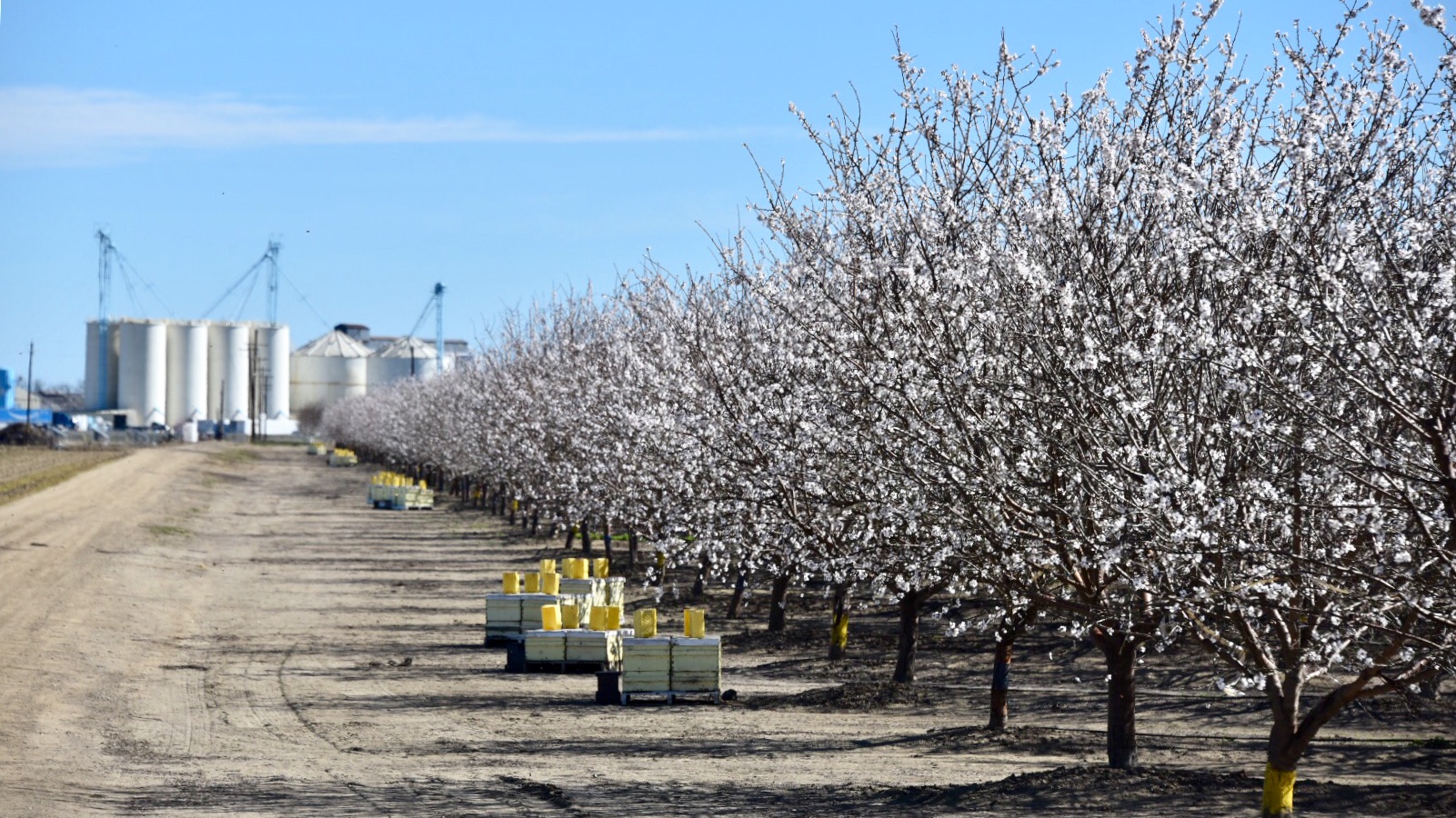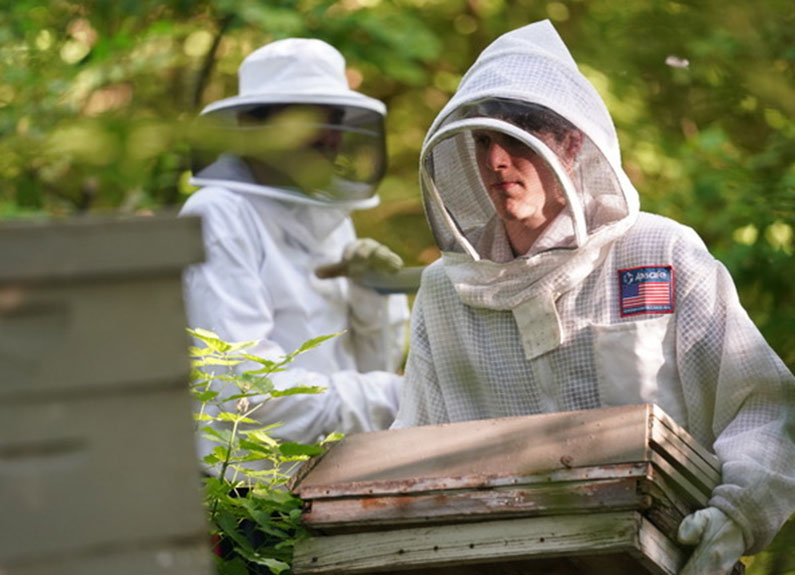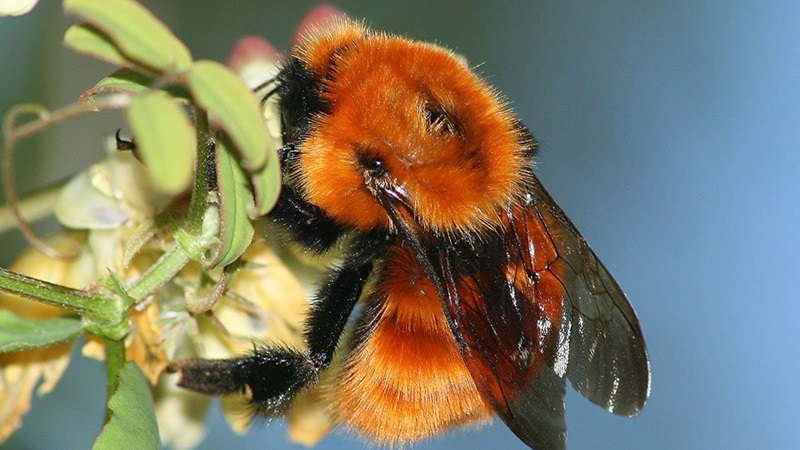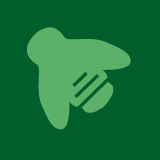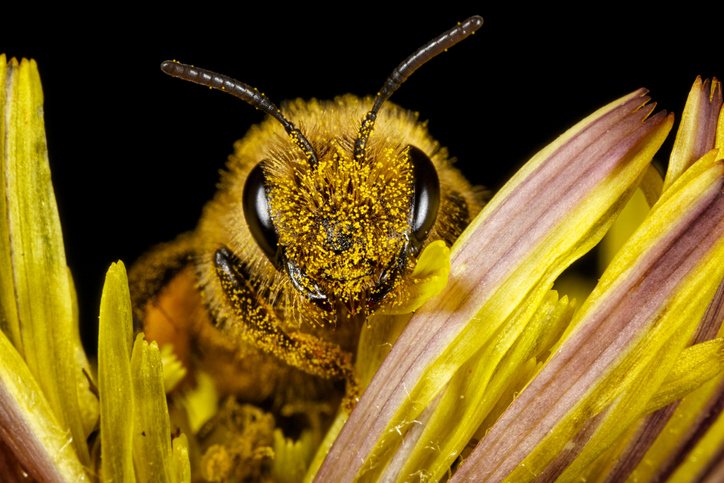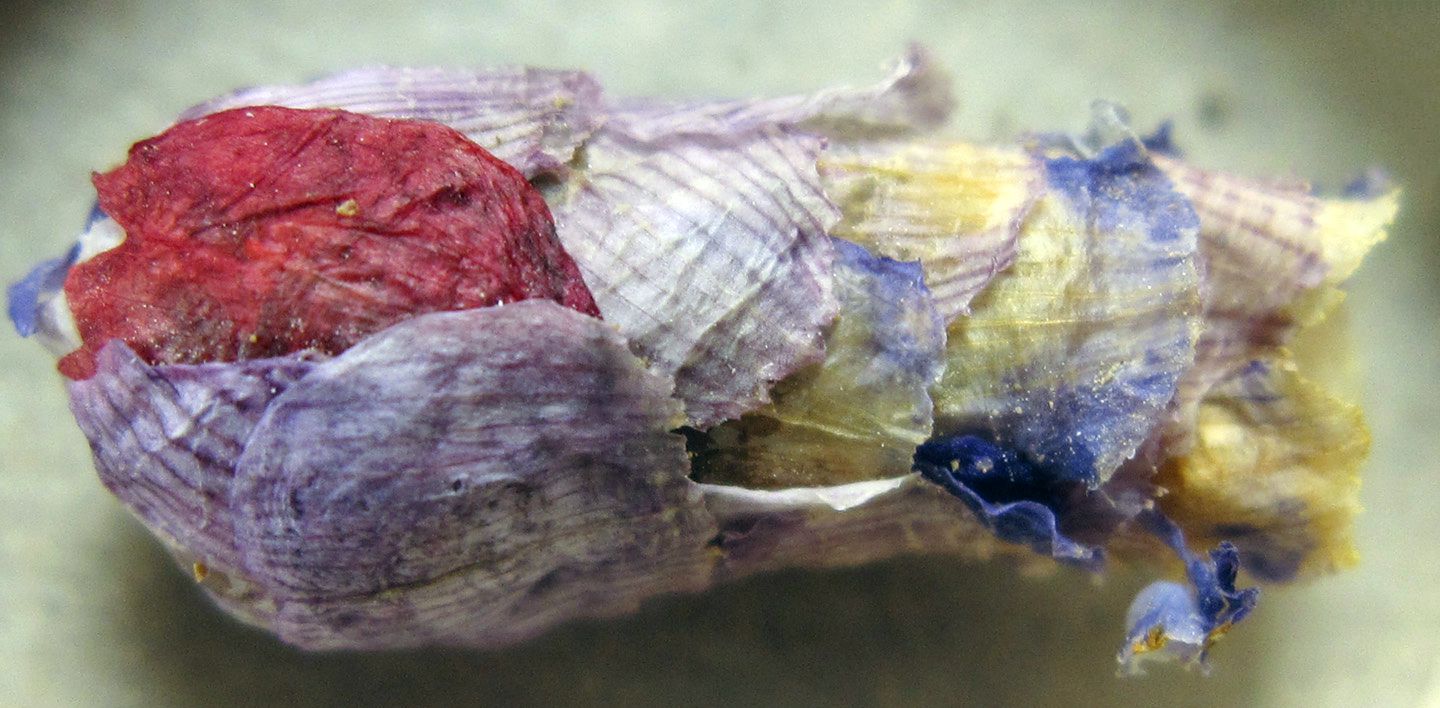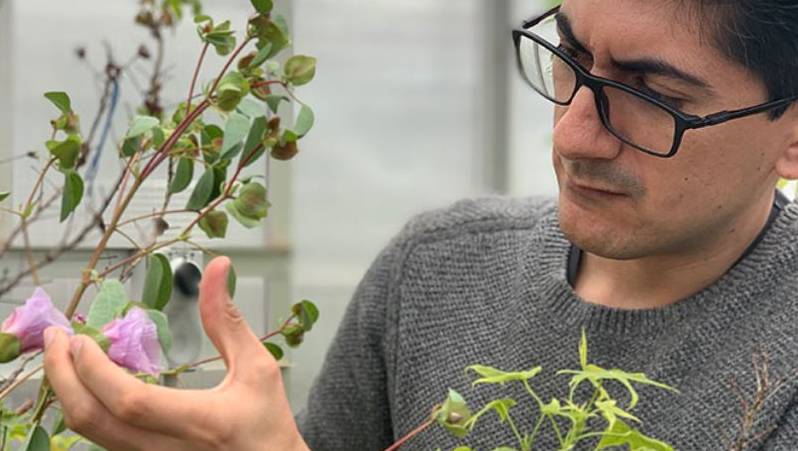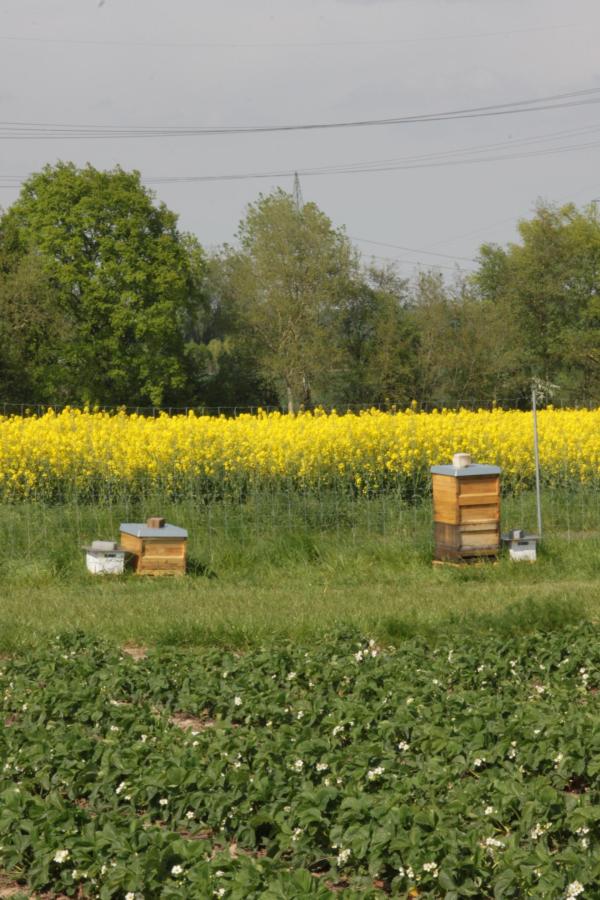 John LaRose Jr.
John LaRose Jr.
Topics: Agriculture US, Organic, Forestry, Beekeeping, Pollinators,
Hardworking Sacramento Valley Bees - Sacramento Valley
Almonds are a major crop in the Sacramento Valley and they are in bloom right now. As you currently drive through the area, you have an opportunity to see the beautiful trees. Behind the scene in the orchard are hardworking bees pollinating the crop, and it takes a lot of then to pollinate the […]
-
(1)
-
Bookmark
- Comments (0)
 John LaRose Jr.
John LaRose Jr.
Topics: Agriculture US, Organic, Beekeeping, Young Farmers, Pollinators,
St. Louis high school student operates Amazing Grace Honey out of his backyard in Ladue
St. Louis native Peter Grace was just 10 years old when he went on his first Amazing Grace Honey sales pitch.
-
(1)
-
Bookmark
- Comments (0)
02/22/2021 SOURCE: www.laizquierdadiario.com
Google will translate to English - Bees can't wait: they warn about the remarkable fall of these essential insects
Biólogos del Conicet identifican un descenso en la recolección y observación de estos insectos indispensables para la supervivencia de plantas y cultivos agrícolas. Agronegocio y avance inmobiliario entre las amenazas. Hablamos con Eduardo Zattara, uno de ellos.
Las abejas no pueden esperar: alertan sobre la notable caída de estos insectos esenciales
-
(0)
-
Bookmark
- Comments. (0)
02/17/2021 SOURCE: www.mdpi.com
The honeybee Apis mellifera is exposed to agricultural intensification, which leads to an improved reliance upon pesticide use and the reduction of floral diversity. In the present study, we assess the changes in the colony activity and the expression profile of genes involved in xenobiotic detoxification in larvae and adult honeybees from three apiaries located in agricultural environments that differ in their proportion of the crop/wild flora. We evaluated these variables before and after the administration of a mixture of three herbicides during the summer season. The expression of several cytochrome P450 monooxygenases decreased significantly in larvae after post-emergence weed control and showed significant differences between apiaries in the case of honeybee workers. Principal component analysis (PCA) revealed that colonies located in the plot near to a wetland area exhibited a different relative gene expression profile after herbicide application compared with the other plots. Moreover, we found significant positive correlations between pollen collection and the pesticide detoxification genes that discriminated between plots in the PCA. Our results suggest that nutrition may modify herbicide impact on honeybees and that larvae are more harmed than adults in agroecosystems, a factor that will alter the colonies’ population growth at the end of the blooming period.
Evaluating the Impact of Post-Emergence Weed Control in Honeybee Colonies Located in Different Agricultural Surroundings
-
(0)
-
Bookmark
- Comments. (0)
02/11/2021 SOURCE: www.manitobacooperator.ca
-
(0)
-
Bookmark
- Comments. (0)
 John LaRose Jr.
John LaRose Jr.
Topics: Agriculture US, Organic, Agriculture Global, Beekeeping, Sustainability, World Population, Pollinators,
Thousands of Wild Bee Species Haven't Been Seen Since 1990
Between 2006 and 2015, researchers worldwide observed 25 percent fewer bee species than they had before 1990
-
(1)
-
Bookmark
- Comments (1)
02/04/2021 SOURCE: getpocket.com
Bees may not be as orderly as their image suggests, and that's a good thing for flowering plants.
Dirty Bees Are Good for Flowering Plants
-
(0)
-
Bookmark
- Comments. (0)
 John LaRose Jr.
John LaRose Jr.
Topics: Organic, Beekeeping, World Population, Pollinators,
These Special Bees Craft Nests From Flower Petals
The colorful papier-mache cocoons provide a safe haven for bringing baby bees into the world.
-
(0)
-
Bookmark
- Comments (0)
 John LaRose Jr.
John LaRose Jr.
Topics: Cotton, Beekeeping, Sustainability, Research, World Population, Ag Australia/NZ, Pollinators,
Cotton heatwave pollination riddle solved
A valuable research breakthrough from Macquarie Uni may lead to more heat tolerant cotton varieties.
-
(0)
-
Bookmark
- Comments (1)
 John LaRose Jr.
John LaRose Jr.
Topics: Organic, Beekeeping, Economics, Research, World Population, Pollinators,
Variety: the spice of life for bumblebees
The research team led by the University of Göttingen is analyzing the foraging behavior of bees using pollen DNA The yield and quality of many crops benefit from pollination, but it is not just hon…
-
(0)
-
Bookmark
- Comments (0)


